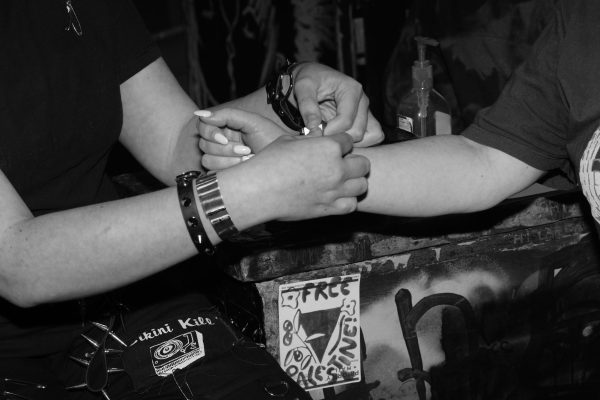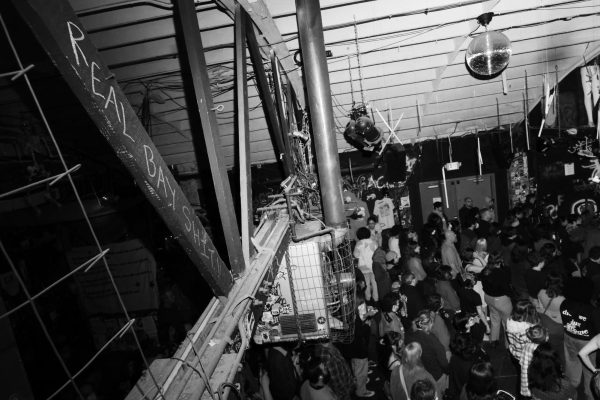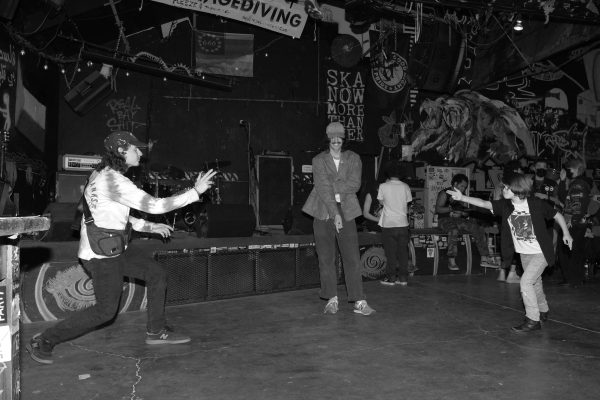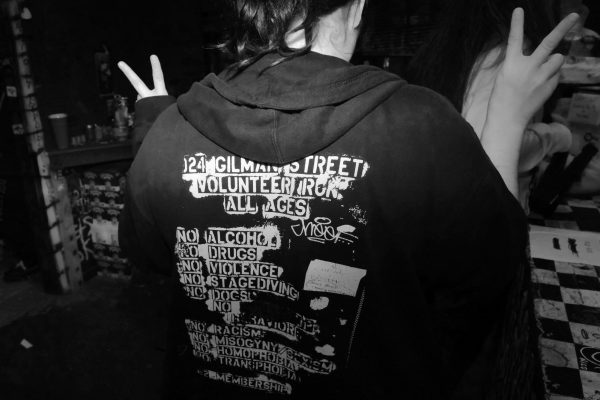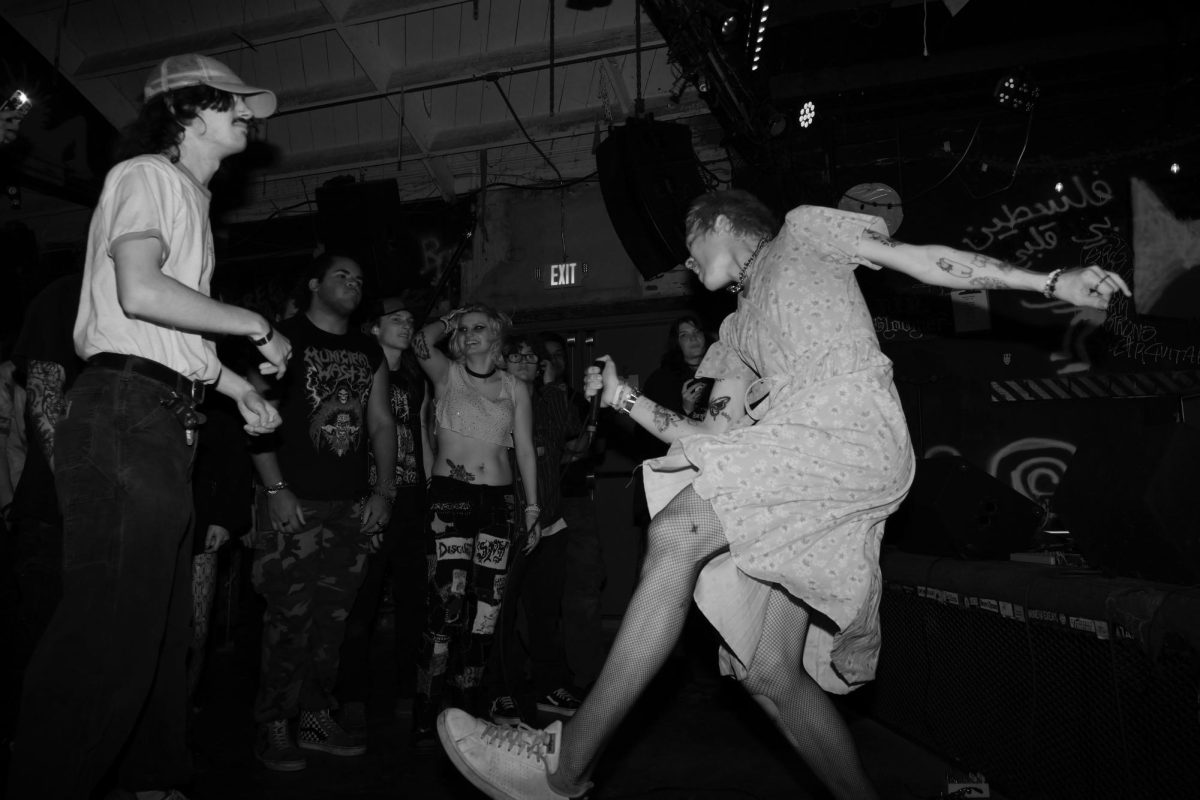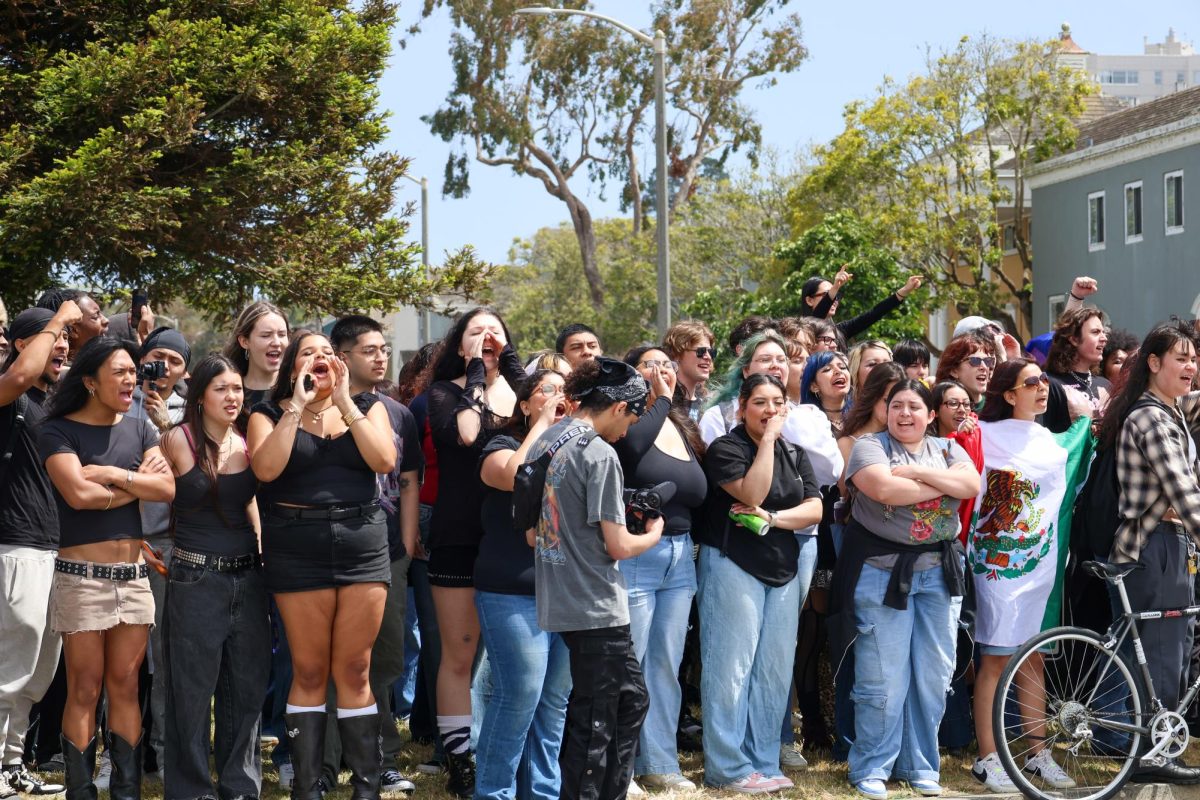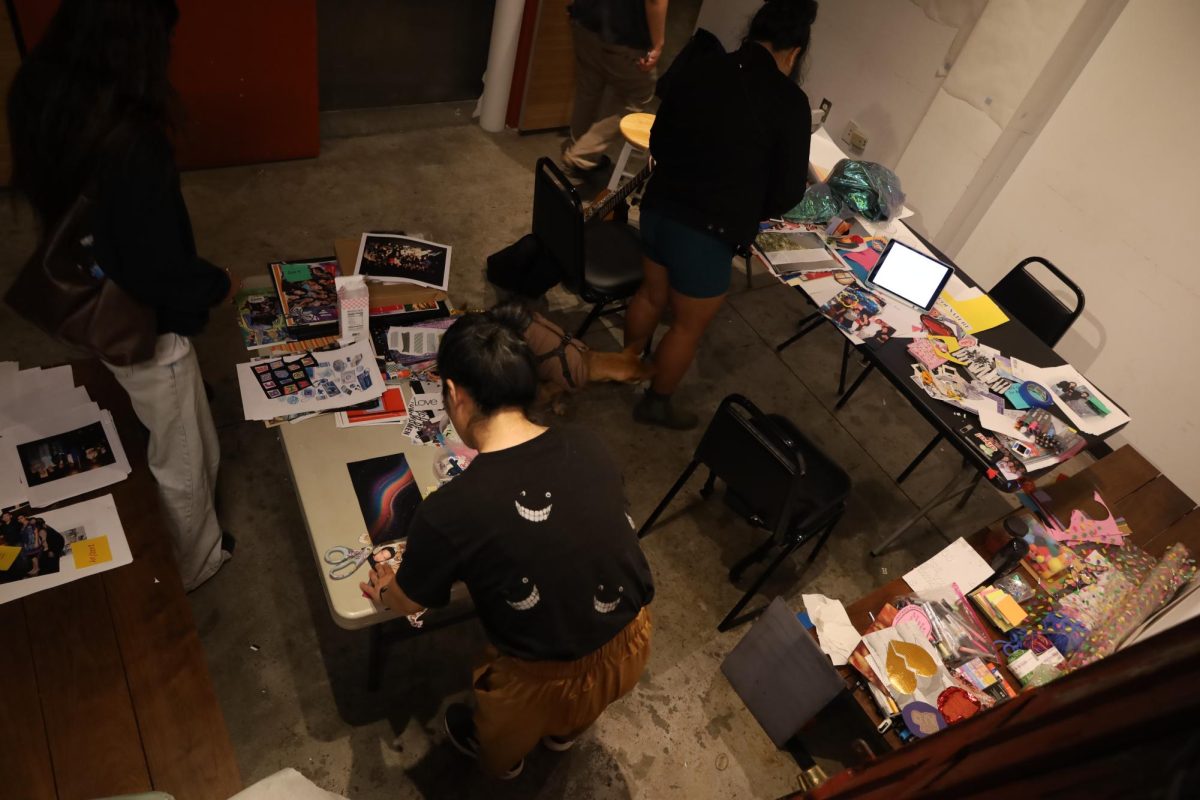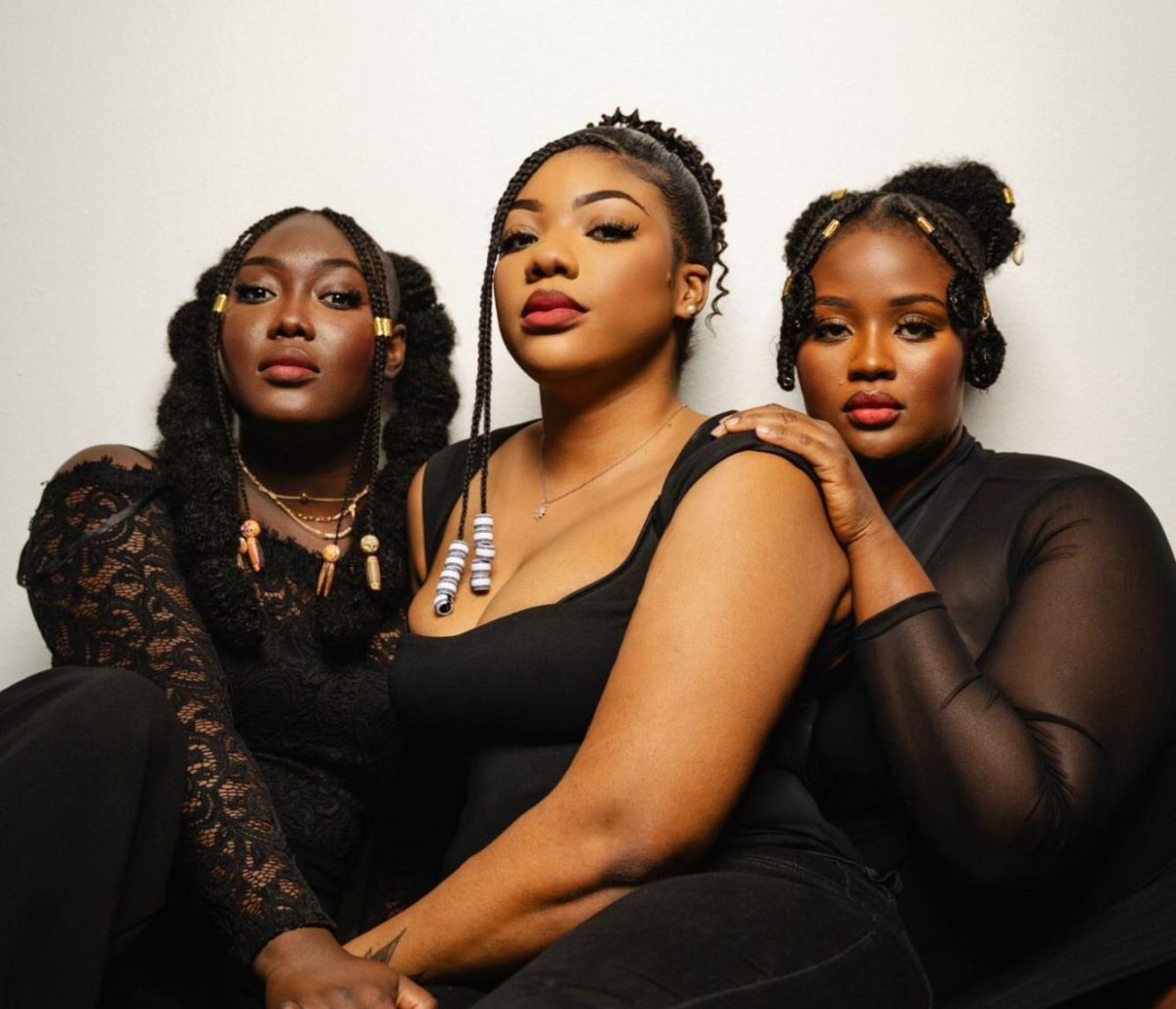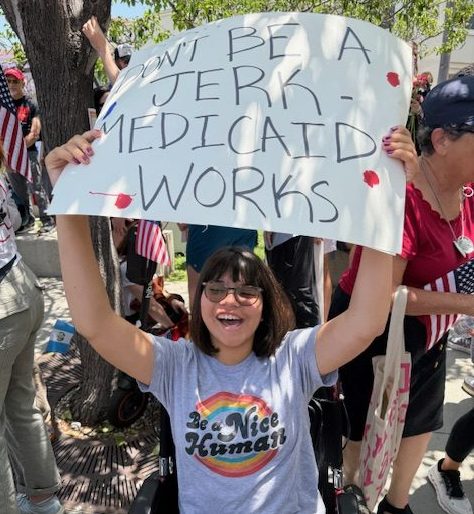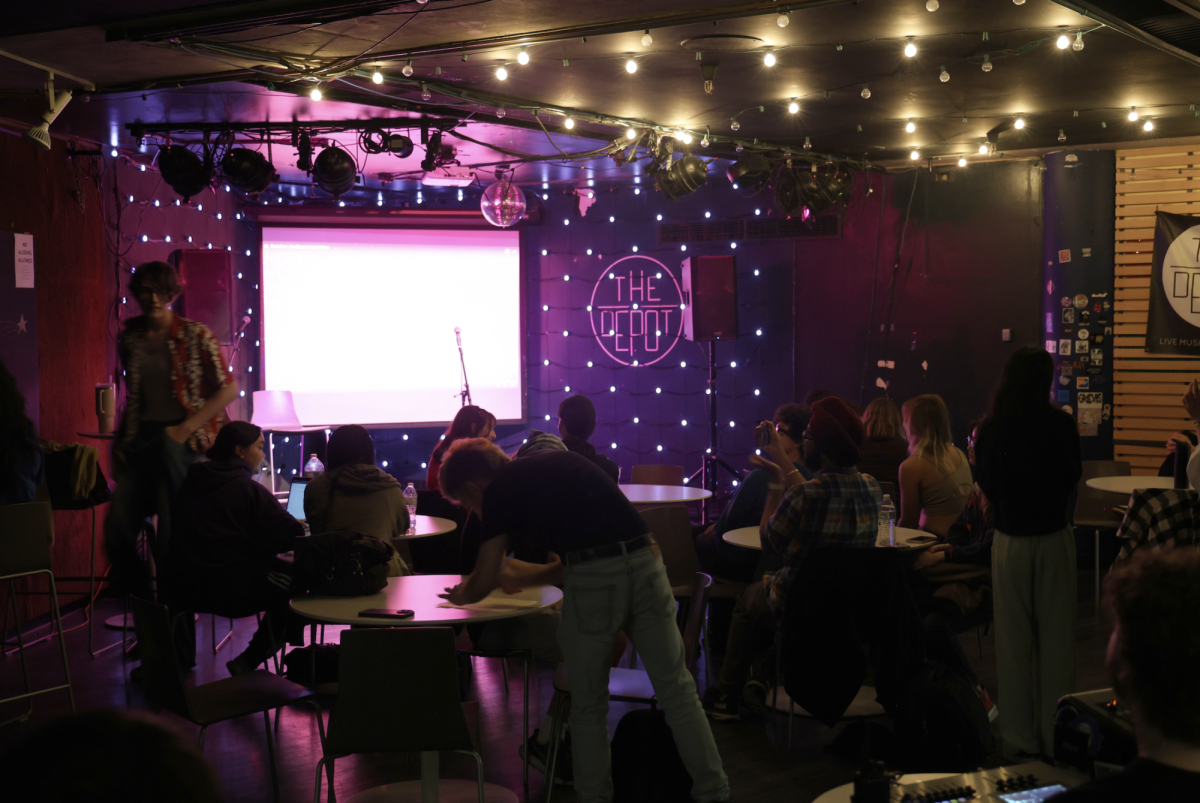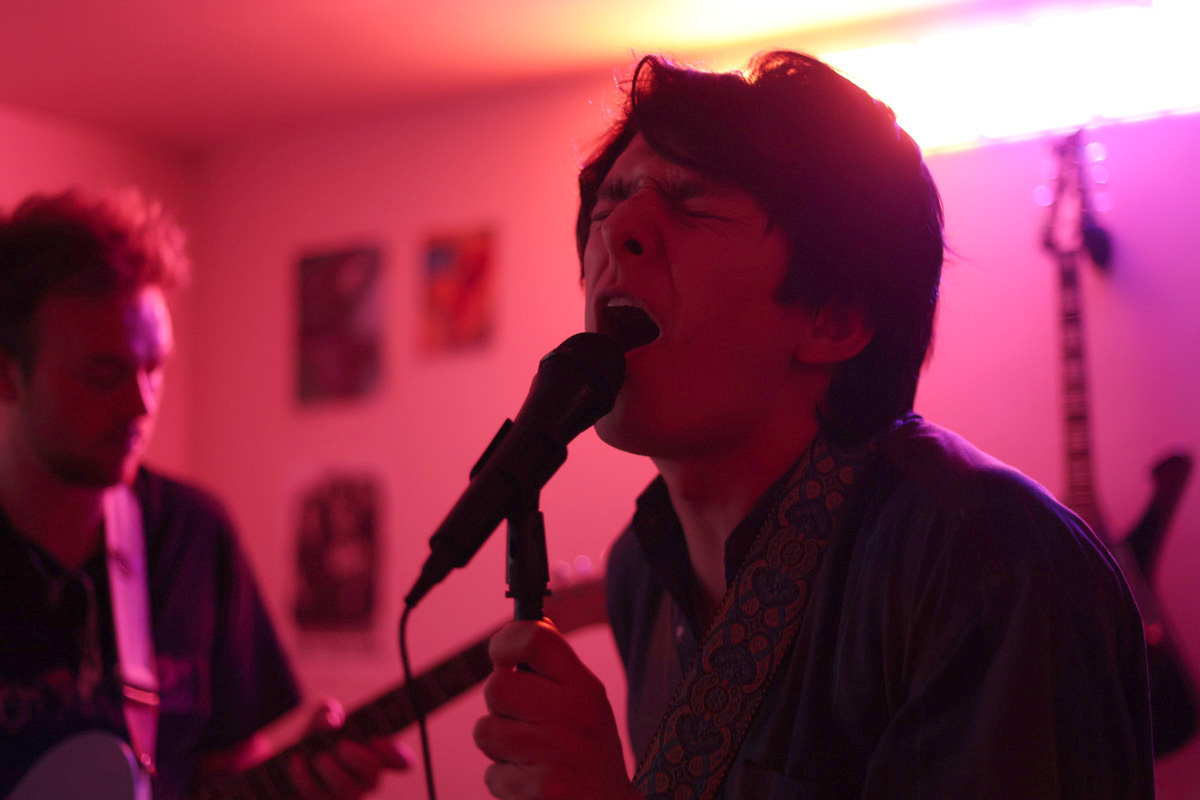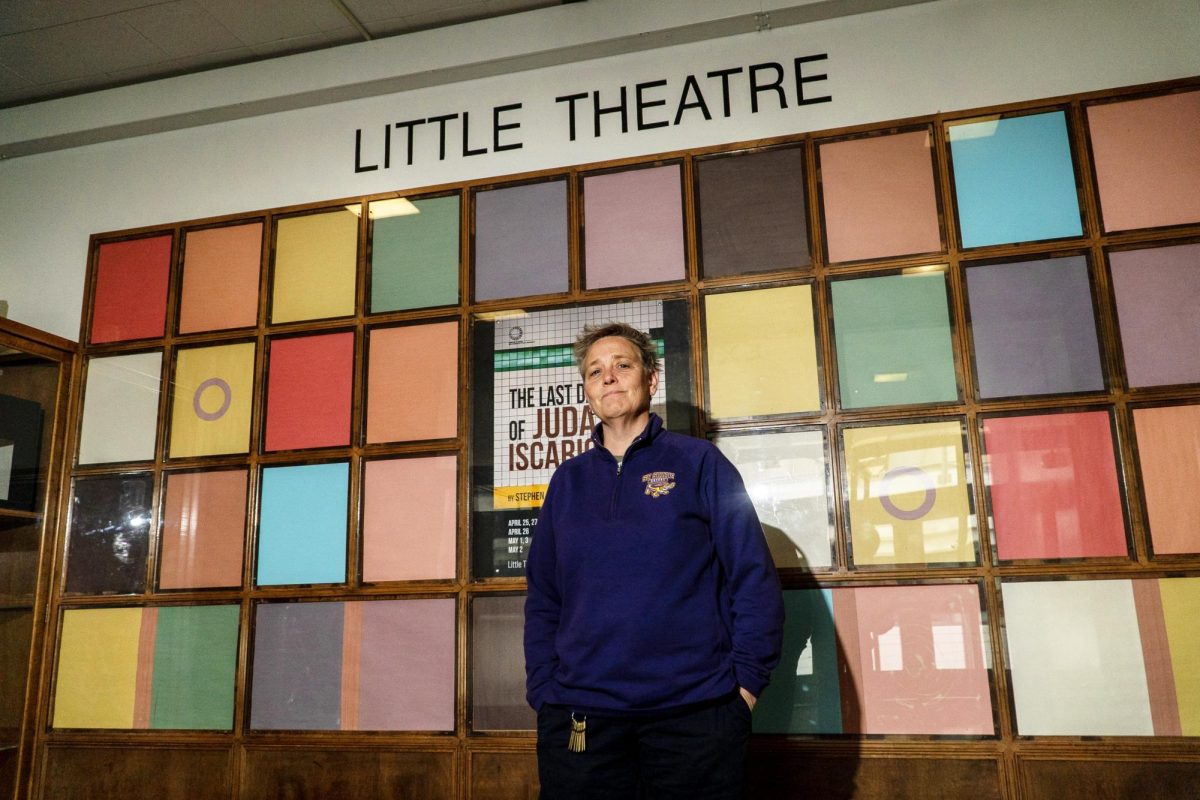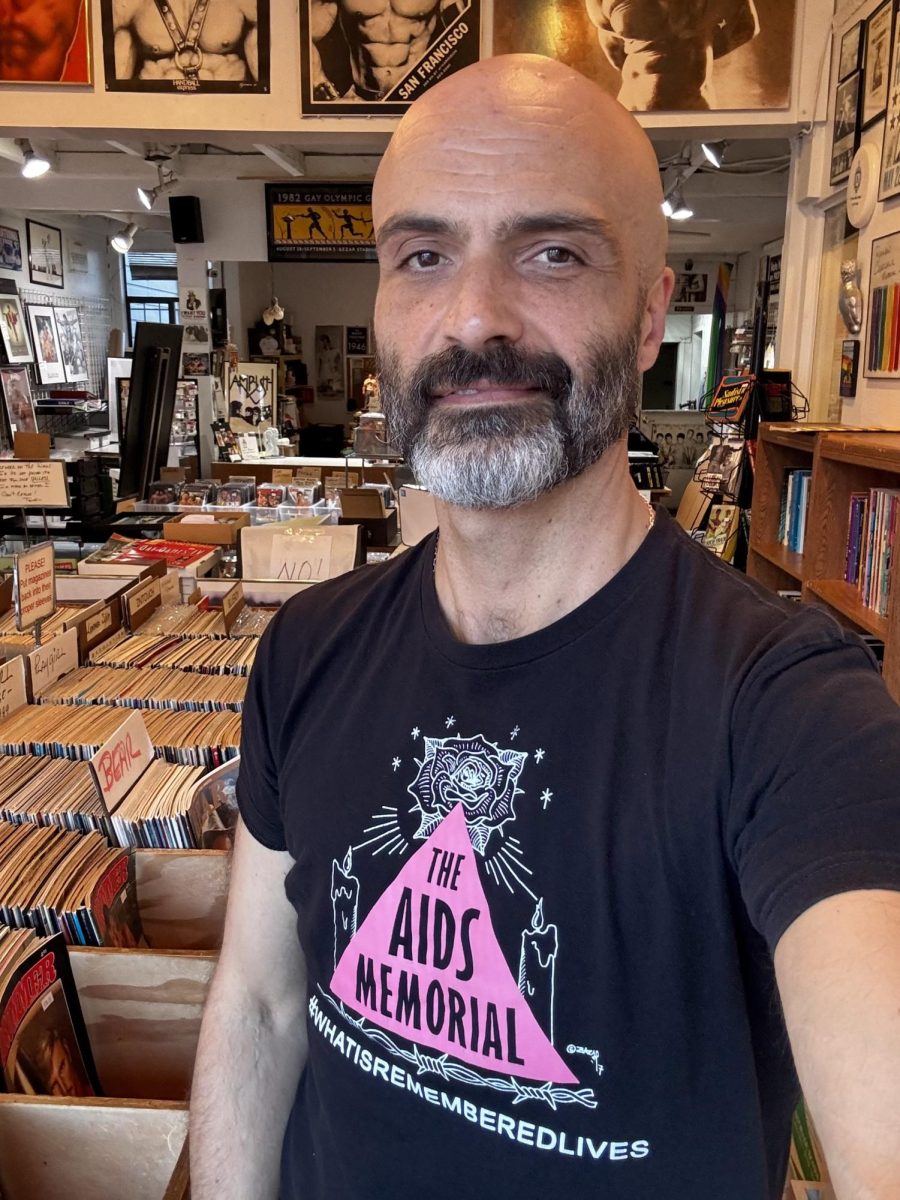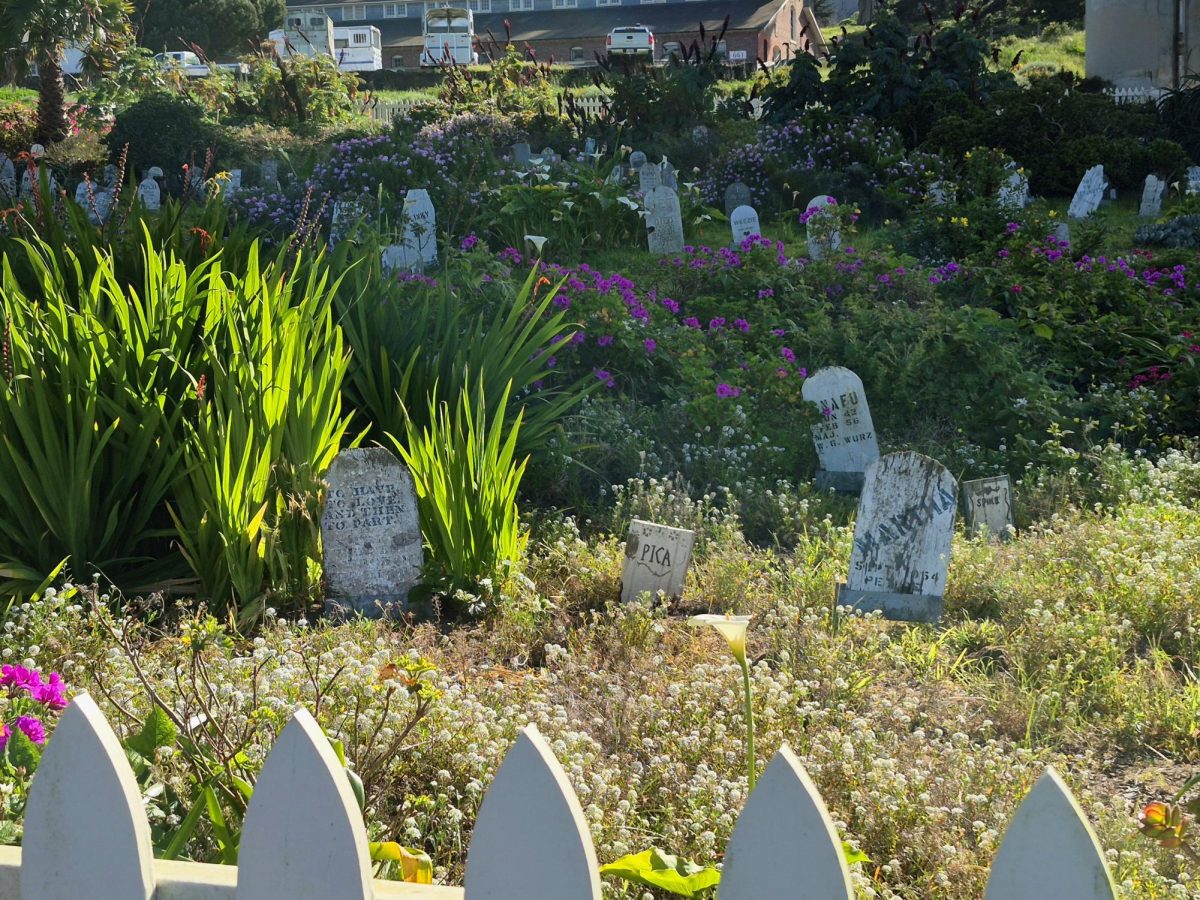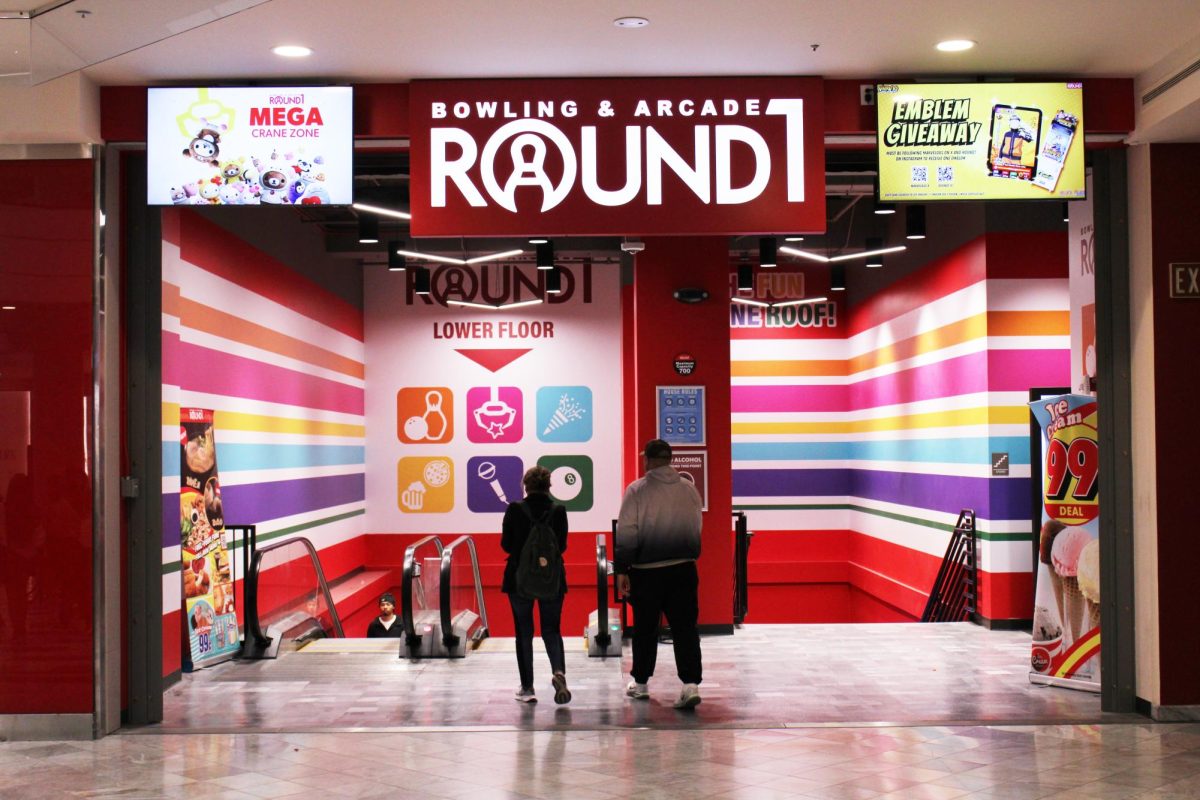As an offshoot of the rock and roll of the ’50s and ’60s, punk music and culture was created to challenge musical and societal standards. The music is raw and riddled with political messages of anti-authoritarianism, anti-consumerism and the recognition of class struggle. These traits could be seen in the community that developed around it—punks are loud, dress differently and can come off as intimidating. While this perspective permeated the mainstream, the message behind their musical and fashion statements was one of inclusion and the recognition of society’s wrongdoings.
924 Gilman Street is a classic punk venue in Berkeley where bands like Green Day, Operation Ivy and Rancid grew in popularity, and is entirely volunteer-run. Although it’s been around since the ’80s, Gilman still upholds many of the tenets found in the punk scene when it was first created. Along with the political messages plastered in the building and the lyrics of the songs that reverberate off the walls, Gilman provides an all-inclusive space to the community. It is an all-ages venue that doesn’t tolerate racism, transphobia, abuse and any other traits that harm the community. In a world that seems so isolated, an inclusive community space is inherently radical.
